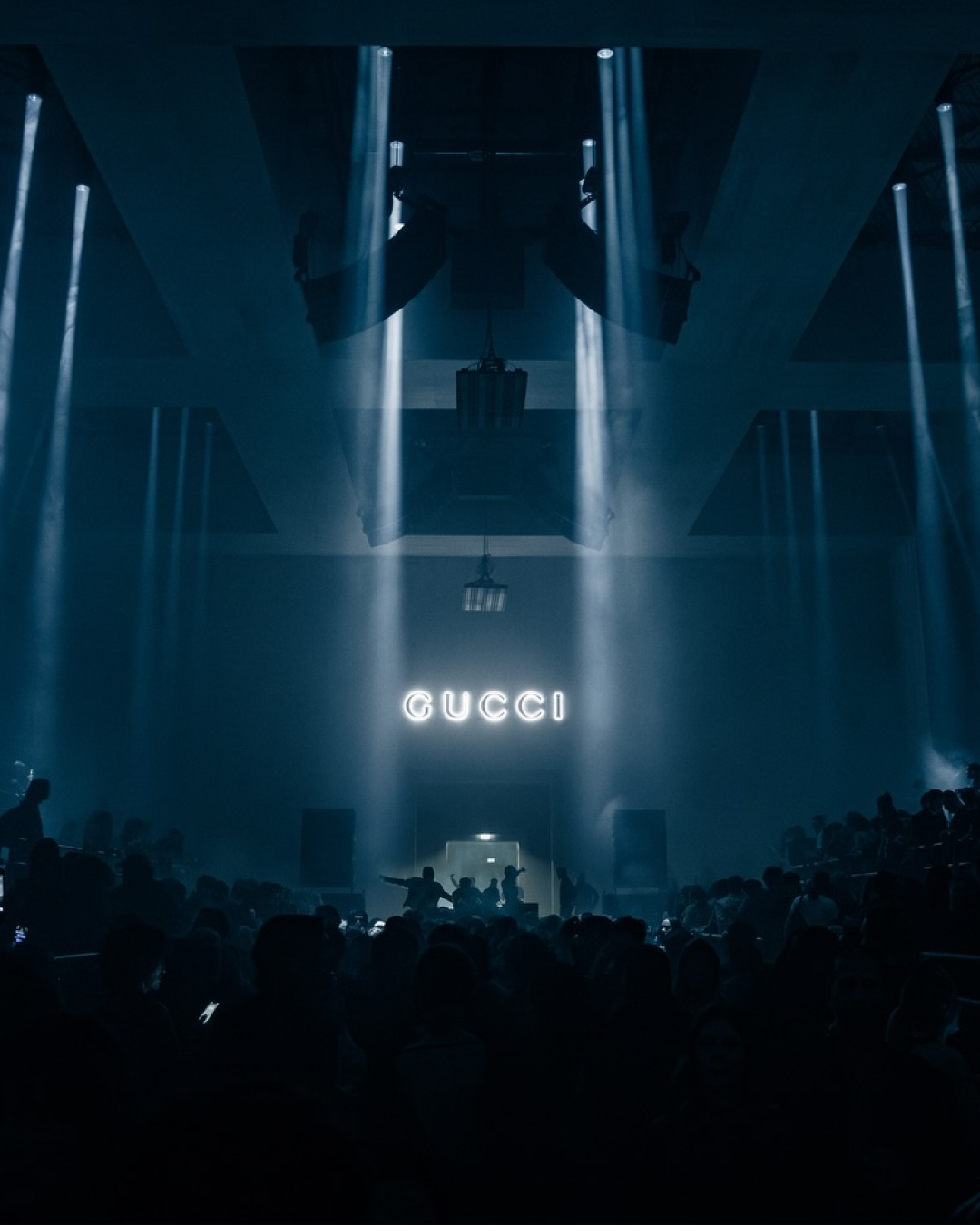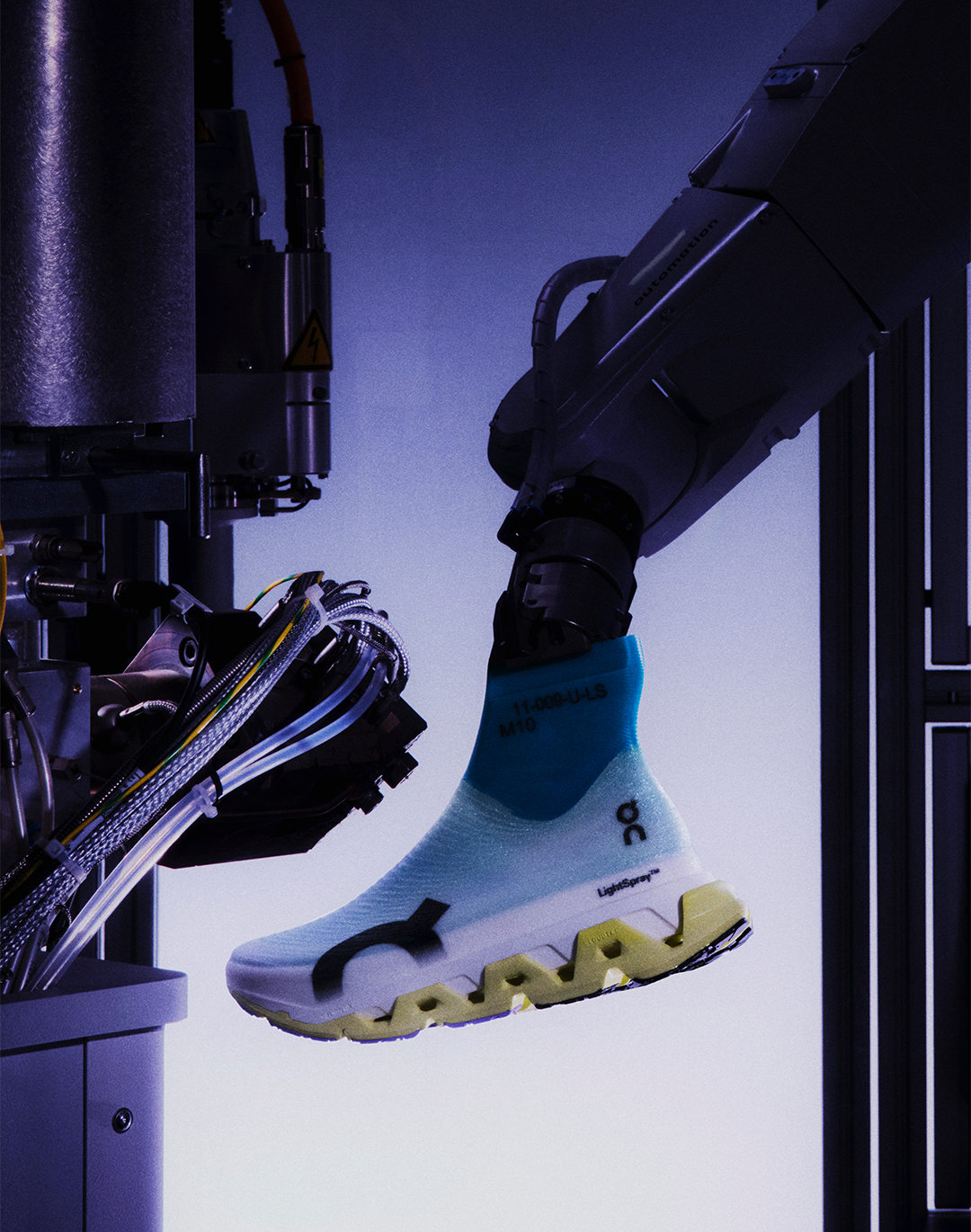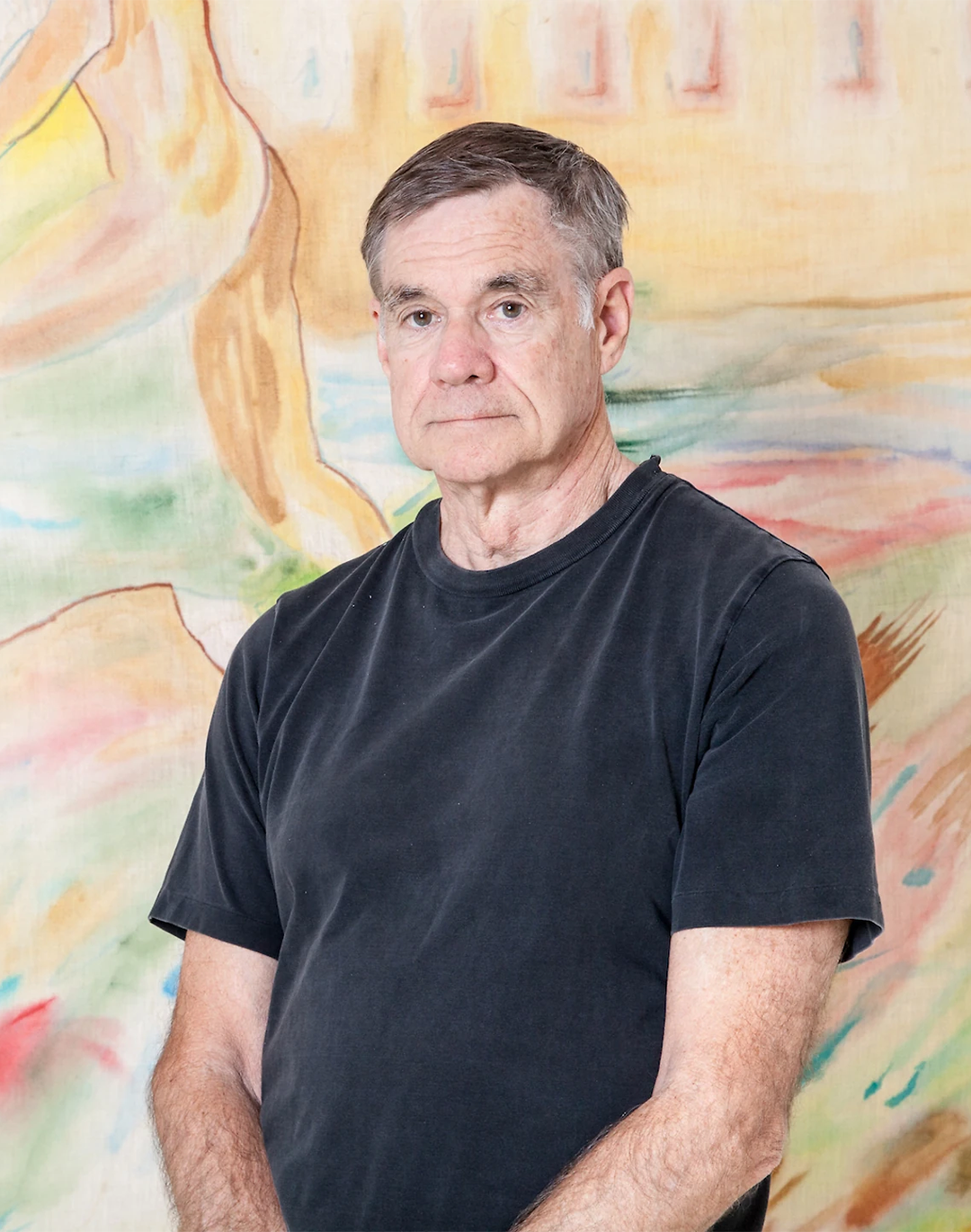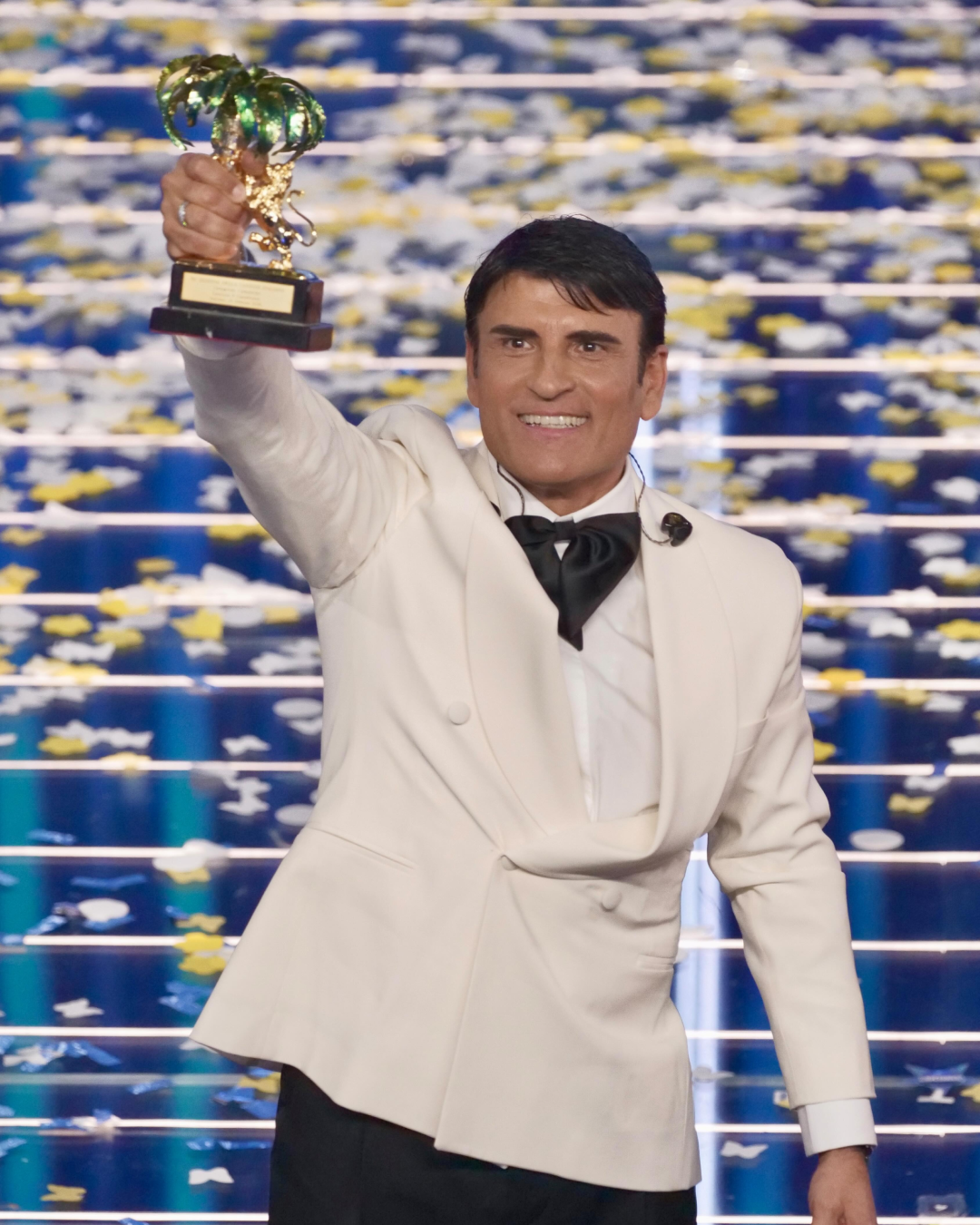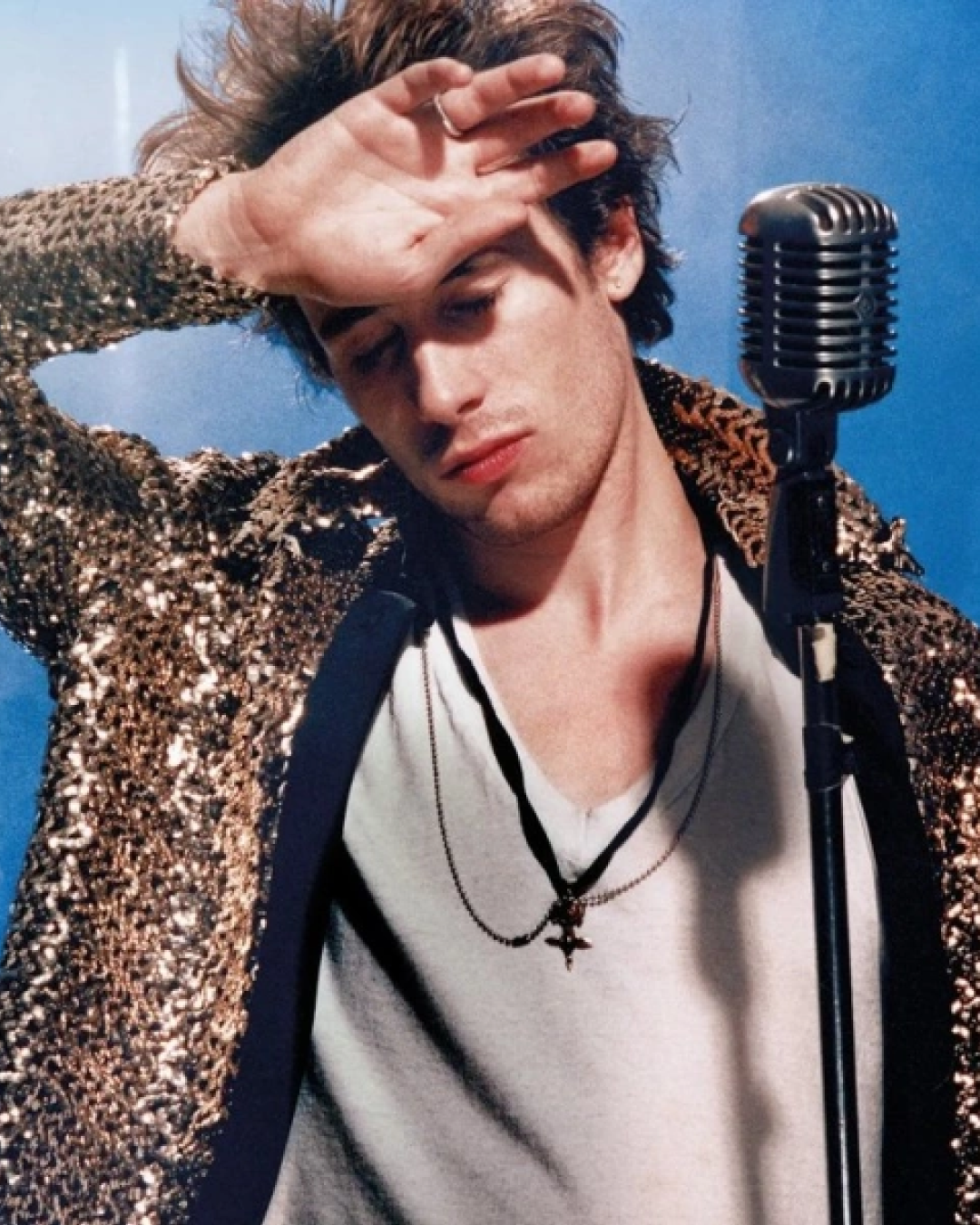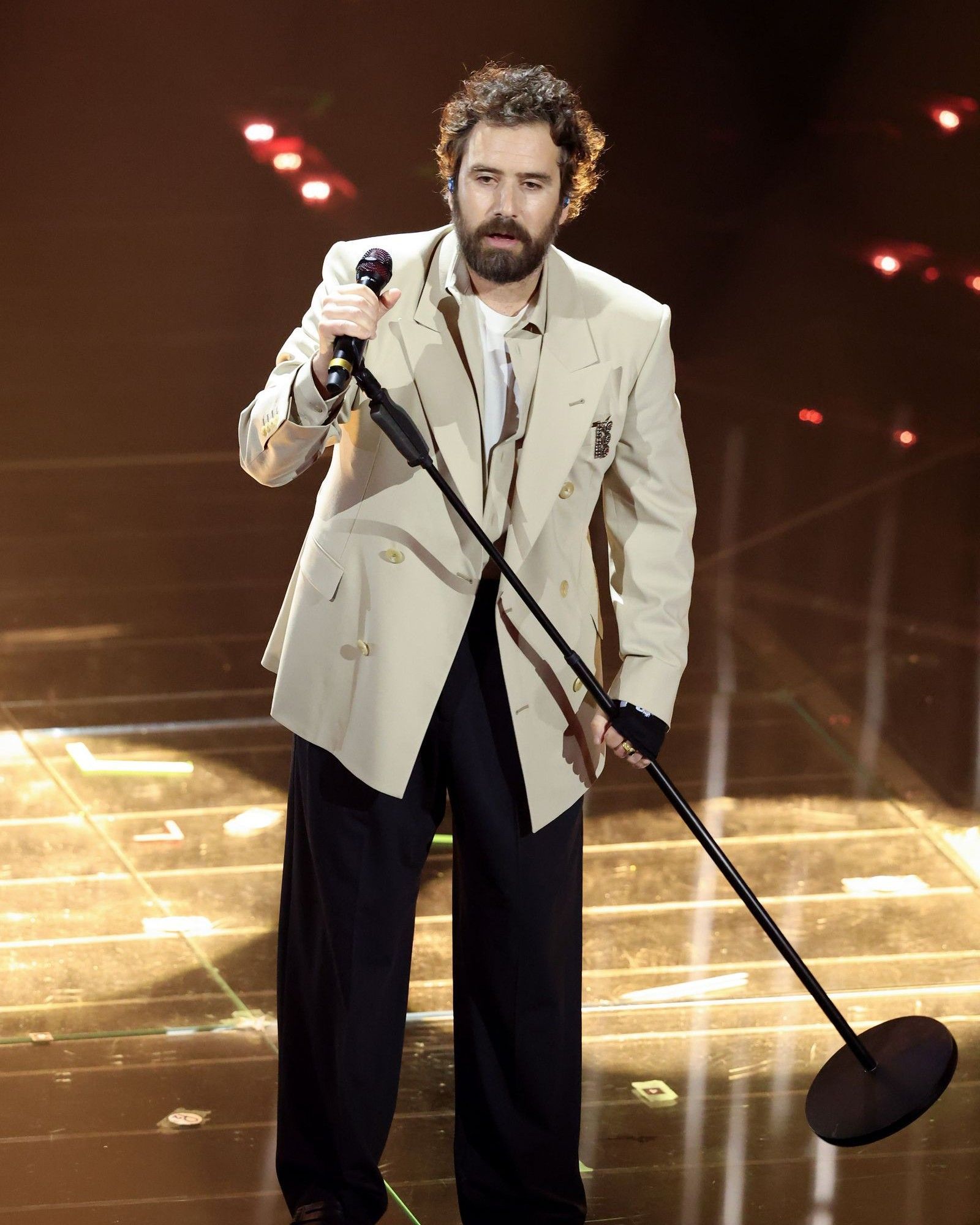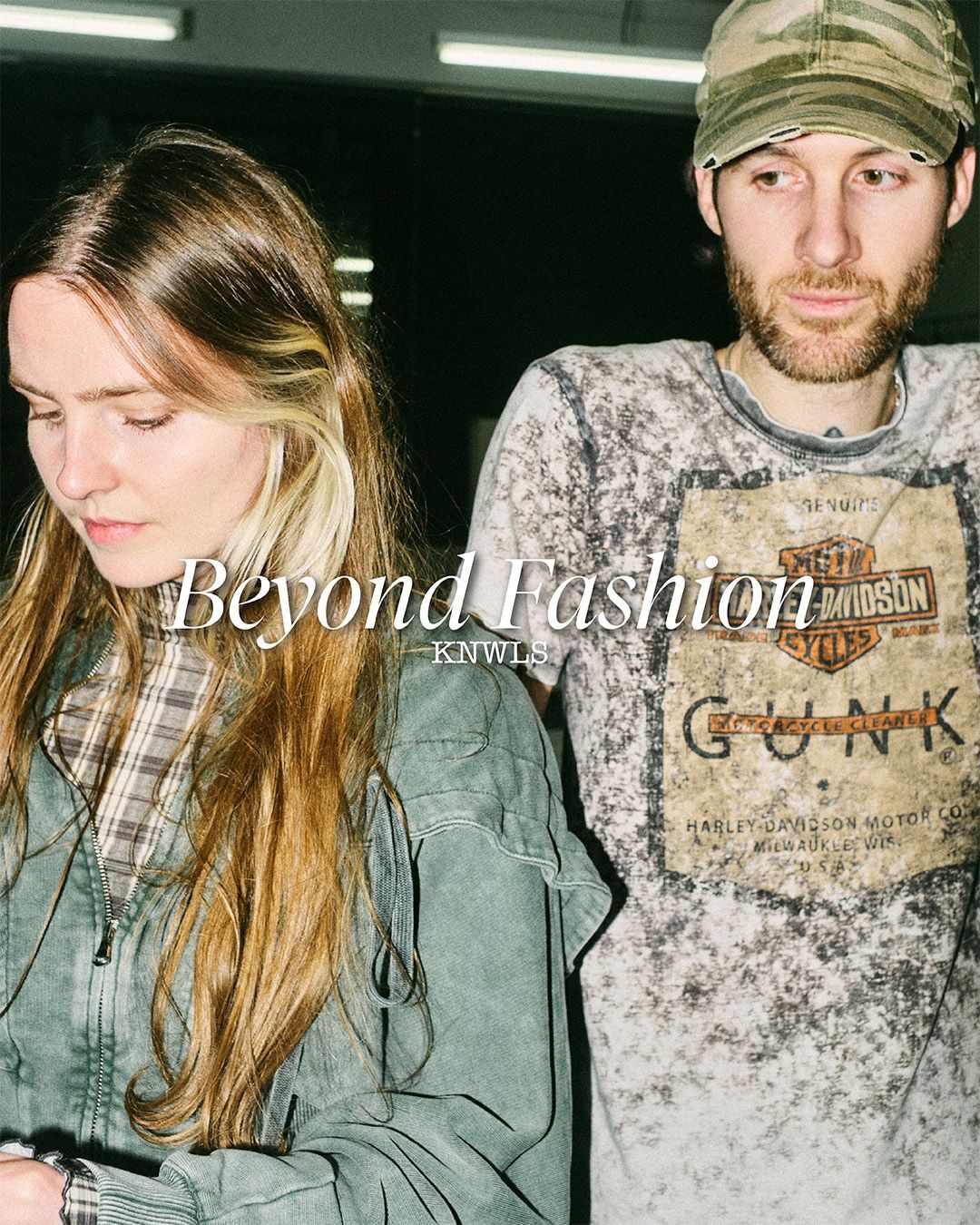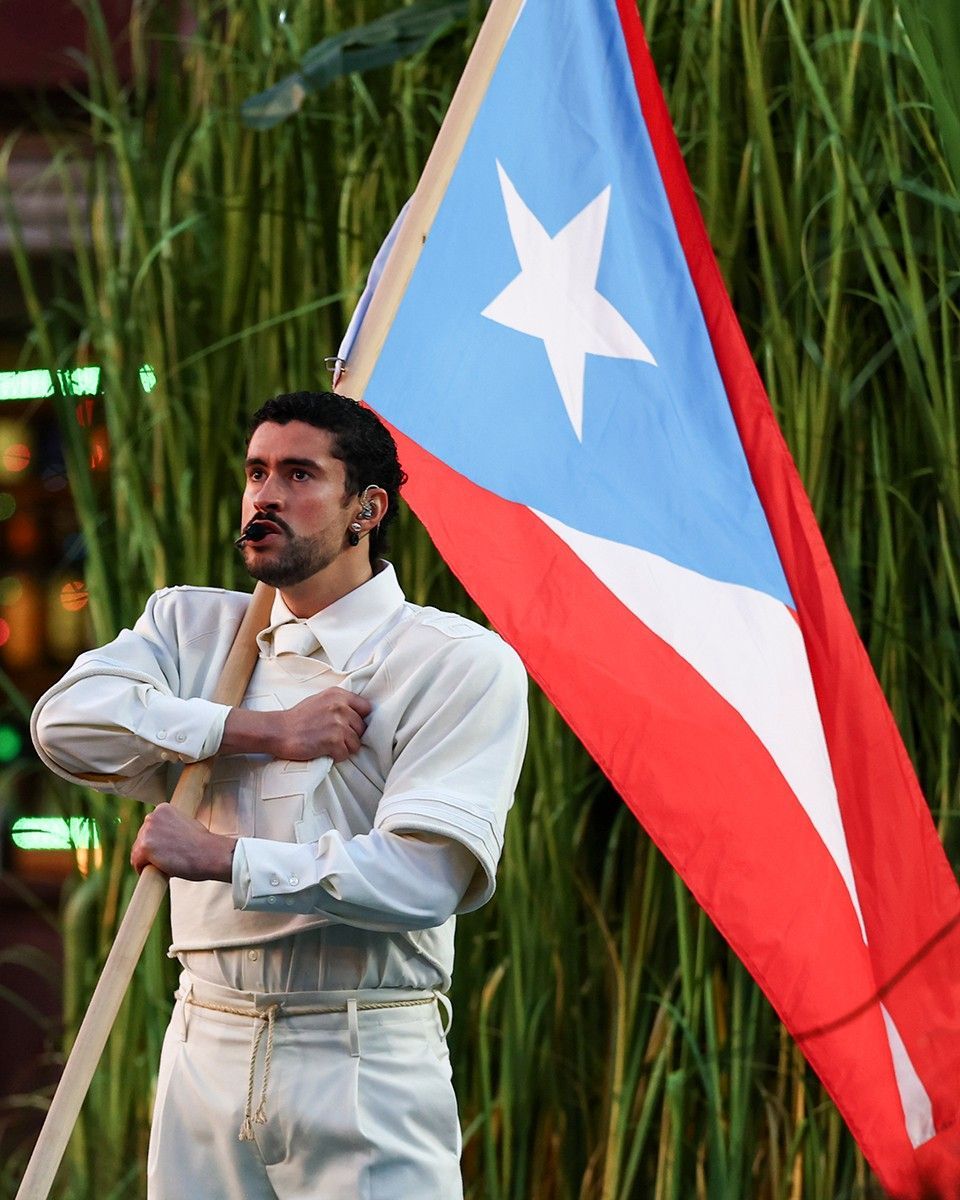
Elio teaches us that peace is the most revolutionary act there is Pixar's new film is an incredibly actual work of animation between aliens and family
“Aliens! Abduct me!” Then Once In A Lifetime by Talking Heads starts playing. Elio, the new and twenty-ninth film from Disney Pixar, is a work born in the wake of the post-pandemic era, developed over five years, and marked by a major directorial change, Adrien Molina, initially involved, was reassigned to the sequel of Coco. Taking the reins were Domee Shi, directing her second feature after her 2022 debut Red, and newcomer Madeline Sharafian, for a film that uses outer space as a metaphor for isolation and connection, diving headfirst into the age-old question we’ve all asked ourselves at least once: are we truly alone in this world? A question that Elio explores by journeying from the universe back down to Earth, where the protagonist, now an orphan, is convinced that his aunt Olga (voiced by Zoe Saldaña in English and Alessandra Mastronardi in Italian) doesn’t want him, and becomes determined to find refuge in one of the countless multiverses out there—hoping that at least one of them will want him. So, when the opportunity arises to pose as Earth’s leader, Elio seizes the chance. But once he finally comes into contact with the aliens, he discovers that feeling out of place isn’t exclusive to humans.
@gscinemas If any aliens are listening... the new trailer for Disney and Pixar’s #Elio is here! See the movie, in GSC this 19 June! #Disney #Pixar #Animation #SembangEntertainment #NewReleases #MovieRecommendations #OfficialTrailer #fyp #trending #viral #newmovie original sound - GSCinemas
Despite the production changes, with a reshuffle that altered some of the original concept’s priorities to better align with the vision of new directors Shi and Sharafian, the Pixar film takes off like a loose cannon while reflecting on themes of loneliness and belonging, handled with energy and irony throughout the film's structure. As fast-paced as the short time it takes the protagonist to cause all sorts of disasters—embracing the traits of "creative, tireless, strong" with which Elio always introduces himself to extraterrestrials—the film may not quite match the impact of Pixar’s biggest hits like Inside Out (with its sequel considered a separate work), but it does represent a comeback for Pixar, which had stumbled with its latest original titles. It’s a refreshing jolt for both the viewer and the studio, which ended 2024 with the global success of Inside Out 2. That sequel, however, benefited from a built-in fanbase already attached to Joy, Sadness & Co., giving it a clear edge at the box office—an edge that still yielded over $1.7 billion globally.
And just like in Domee Shi’s Red, once again, Elio centers its relationships on family dynamics and the expectations that parents and children place on each other, this time shifting the focus from the feminine to the masculine. The protagonist’s sense of inadequacy stems from a premature abandonment after losing his parents and feeling like a burden to his aunt, who has put her career aspirations on hold. This creates communication issues far more serious than any that might arise between humans and aliens. Even the aliens face the same issues when dealing with their parents: the irresistible character Glordon doesn’t want to become the war machine his father expects him to be, fleeing a destiny of fire, swords, pain, and battles in favor of playing and feeling free, without the shell he’ll eventually be forced to wear.
You WILL relate to Pixar's Elio. pic.twitter.com/S3mL03dja6
— normie (@KellytoyDK) June 17, 2025
That armor becomes, for Elio, a symbol of the barriers that often exist between two “alien” species: parents and their children—and vice versa—framing relationships based on expectations. In the Pixar film, these develop with the same maturity seen in stories like the now-trending live-action remake of How to Train Your Dragon. Slick in its dialogue, irreverent and at times even bold, Elio confronts the difficulty of being a child and growing up while balancing who you are with who you’re expected to be. At the same time, it teaches adults that no agreement is truly productive if it requires dividing people into winners and losers. It’s a film strikingly relevant to the current discourse around war, a theme central to the narrative and powerful in its connection to a world where negotiation seems impossible and violence is the default. As conflicts rage and bloodshed becomes the global currency, Elio offers a different path—one of moderation. Of peace. Perhaps the most revolutionary thing one can strive for today.




